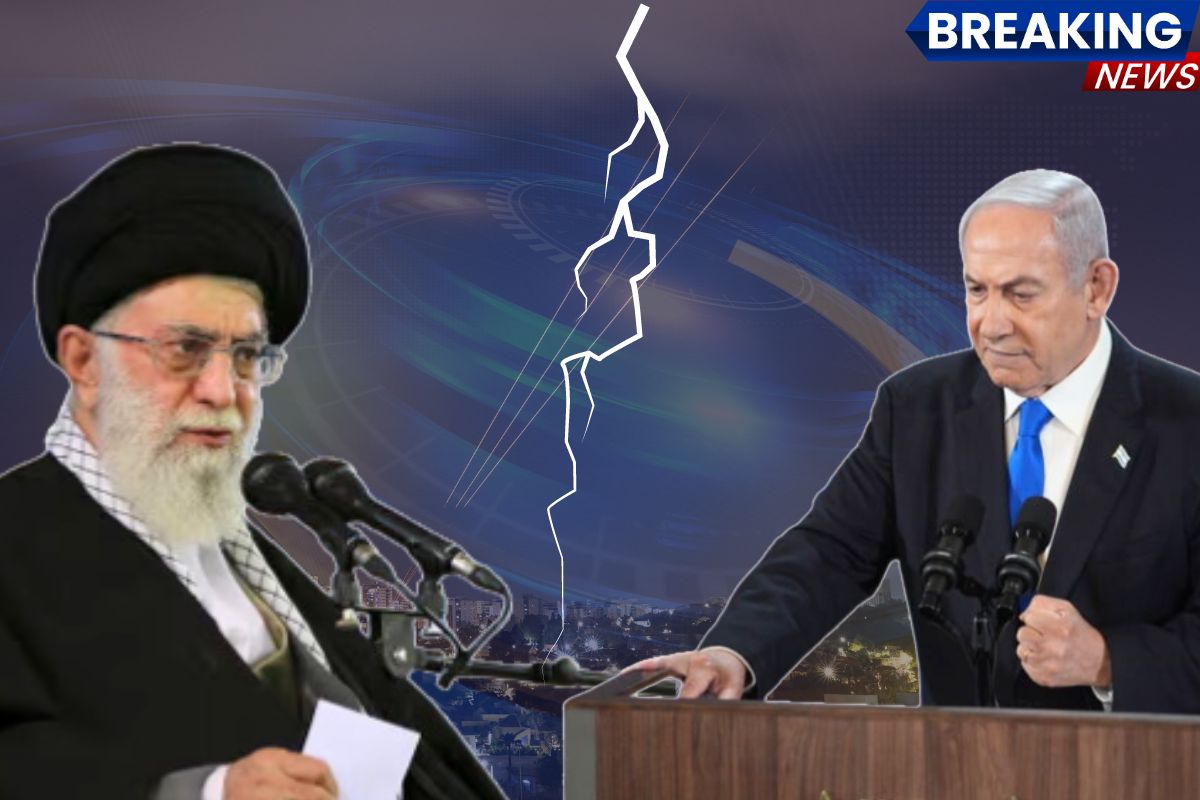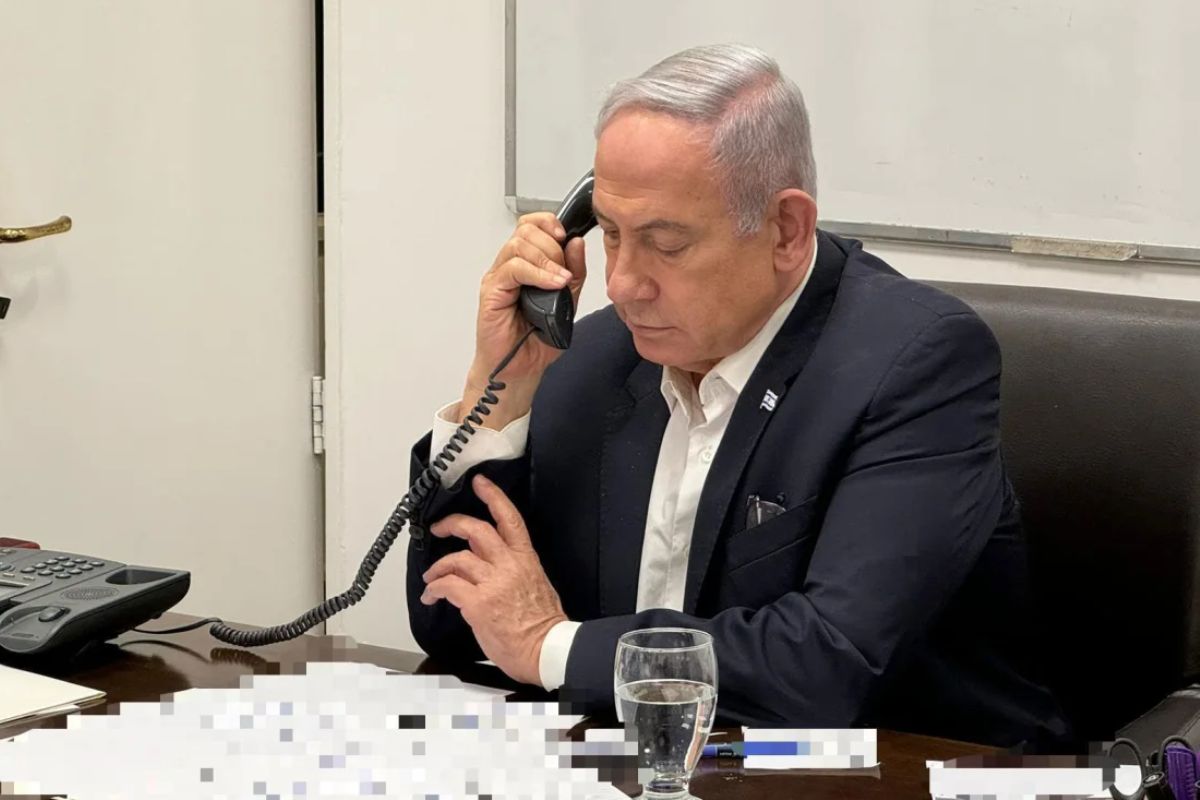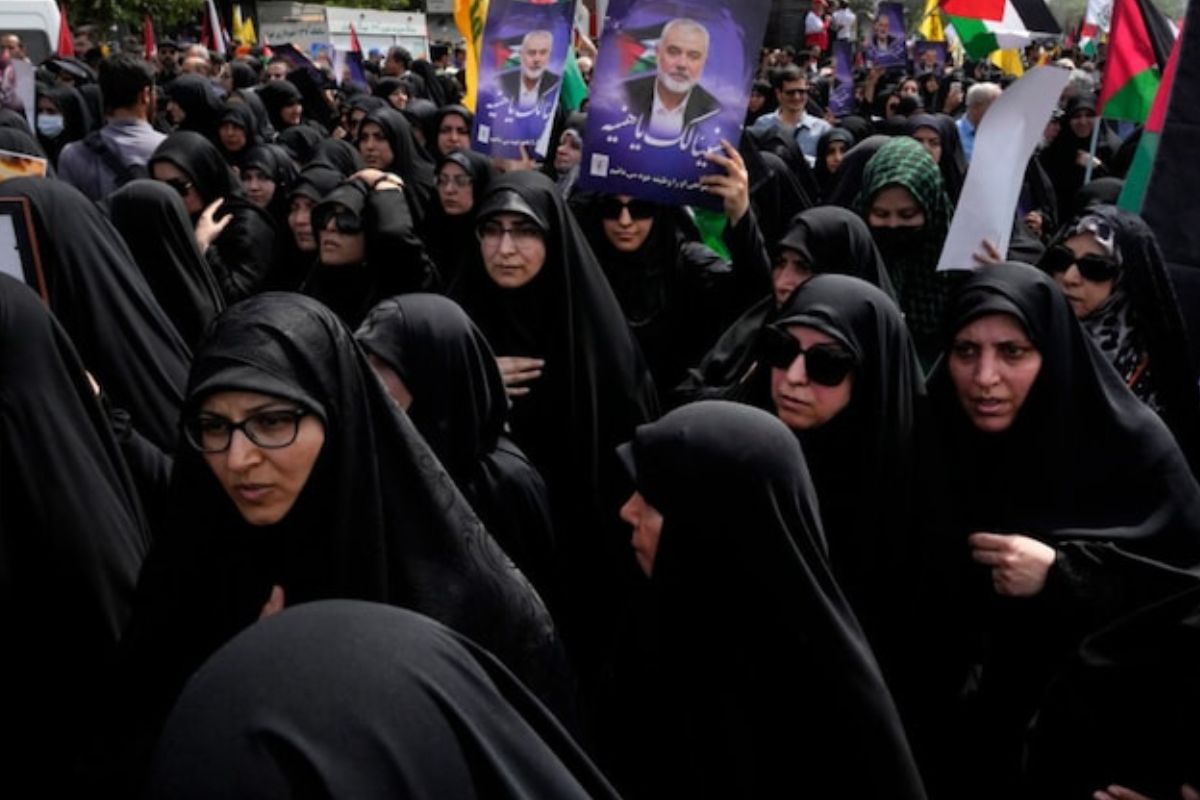


Iran has struck back at Israel. This attack could raise tensions and lead to a bigger conflict in the region. This is the most important point:
Table of Contents
ToggleThis was an unparalleled scale. This marked the first direct military attack by Iran on the Jewish state. Israel’s military said it intercepted most missiles with its aerial defense systems, keeping them out of its territory. There were no direct injuries from Iranian strikes in Israel. The strike happened after an Israeli attack earlier that month in Damascus, Syria. That attack killed Iranian consular staff working in the area.

(but reaffirmed its commitment to Israel’s security against Iranian threats)
US forces intercepted over 70 drones and at least three ballistic missiles during the attack, with Iran’s strikes largely deemed unsuccessful.
Iran’s Ambassador to the UN warned that any Israeli military aggression would trigger a stronger and more resolute response from Iran
The strikes were in response to an Israeli attack on diplomatic sites in Damascus. Iran said this attack broke international law and killed seven Iranian military advisors. Israel carried out a limited military strike against Iran and is evaluating its effectiveness and the damage caused. Isfahan’s nuclear facilities remained safe. However, Iranian state media reported that air defense systems were active elsewhere.

Both countries are on high alert. Iran has signalled it may escalate its military response if provoked further. The Iran-Israel war is not fully happening yet. However, it is becoming a bigger concern. Recent missile and drone strikes by Iran on Israel have raised tensions. This situation is catching the eye of global powers and international groups.
The entire international community closely monitors the developments in the Middle East.
Iran has raised tensions by issuing a new warning. This follows an Israeli airstrike on a military site near Tabriz. The strike reportedly aimed at weapons depots tied to the IRGC. Though Israel has not confirmed the operation, Iranian state media condemned it as an act of war. Hezbollah has ramped up rocket attacks across the border. This has led to Israeli counterstrikes in southern Lebanon.
The UN Security Council held an emergency session to calm the rising conflict. At the same time, regional powers like Saudi Arabia and Turkey urged for restraint. Even with strong military presence on both sides, talks through Oman and Switzerland are still happening. This shows that a wider war might be avoided if more provocation is kept in check.

